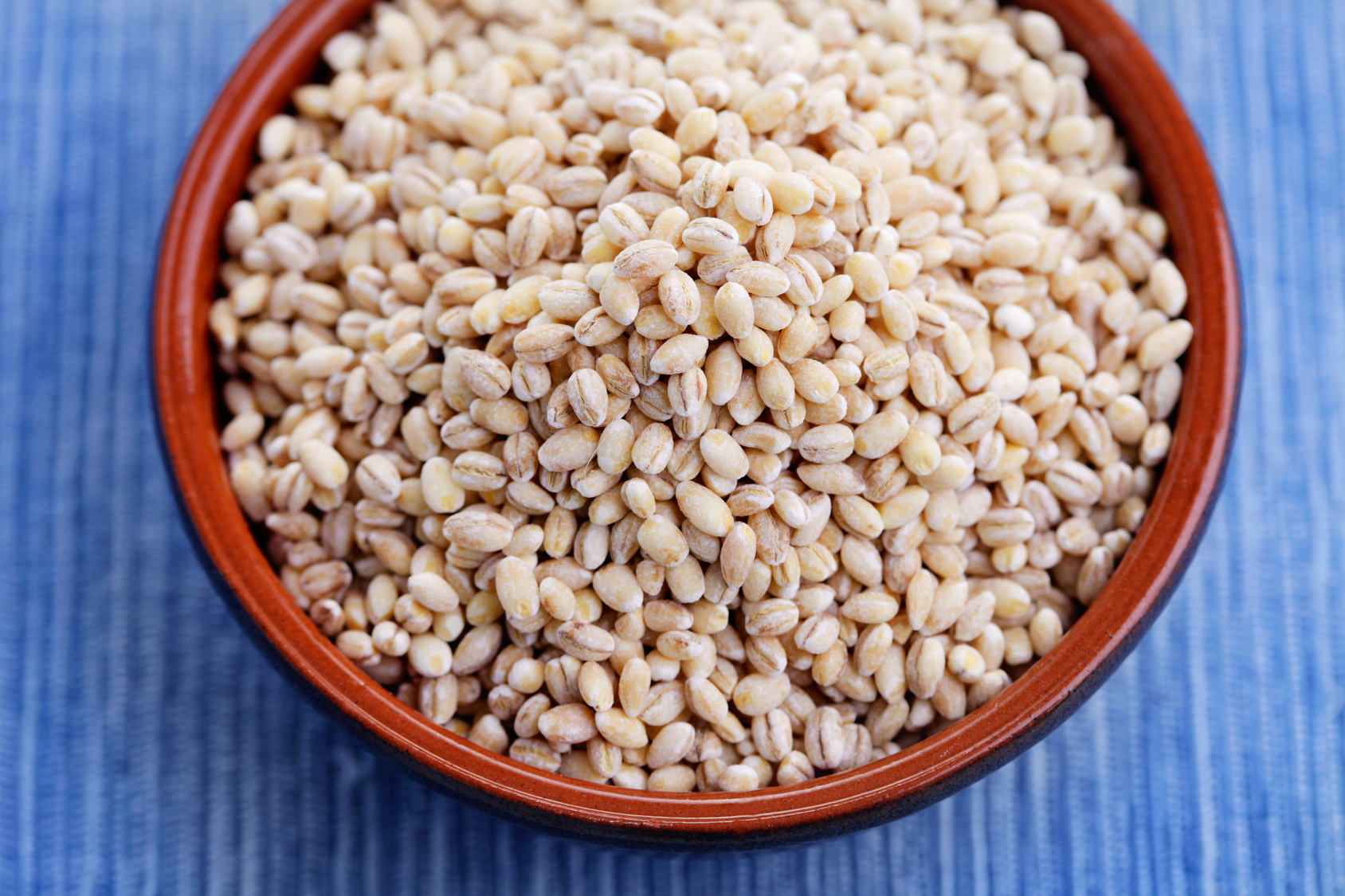Share This
Food safety advocates and concerned parents have long warned us not to eat raw cookie dough. While we can neither confirm nor deny that we’ve experienced firsthand the thrill of sneaking a spoonful of cookie dough or brownie batter when mom isn’t looking, we can confirm that salmonella is a very real risk lurking in about 0.03% of raw eggs, resulting in upwards of 600,000 human illnesses per year. However, even if you use pasteurized eggs, there is another reason that raw cookie dough could mean playing roulette with your immune system… the raw flour!
Grains are grown in fields, and like all foods grown outdoors, they may be exposed to a variety of harmful bacteria like Salmonella and E. coli when nearby animals heed the call of nature. In a study analyzing 5,176 wheat samples from grain elevators between 2012-2014, salmonella was present in 1.23% of the samples, E. coli was present in 0.44% of the samples, and listeria was present in 0.08% of the samples. Luckily, the cooking process kills foodborne pathogens.
The FDA explicitly cautions against consuming raw flour, a lesson that could potentially extend to other raw grains as well. Cooking is the only way to be sure that foods made with flour or grains are safe. This is because raw grains and raw flours are not intended for human consumption as-is, as they have not undergone a “kill step” (such as boiling, baking, roasting, or heat-treating).
The FDA’s Produce Food Safety Rule establishes minimum standards for the safe growing, harvesting, packing, and holding of fruits and vegetables grown for human consumption, which is why eating raw fruits and vegetables isn’t nearly as concerning. (However, since fresh corn is considered “rarely consumed raw” produce, it is actually exempt from the produce food safety rule.)
Are all Whole Grains “Raw”?
We’ve been asked before if steel cut oats or oat groats are “raw” or if they undergo any sort of heat treatment. To get answers, we reached out to one of the major companies producing steel cut oats, and this is how they responded:
“It is true that all oats on the market today are heated in order to prevent them from germinating and going rancid. The only way I know of anyone having the capability of acquiring “raw” oats that haven’t been treated with heat, would be to go directly to the farm where they are grown and during harvest get them straight from the field.”
When it comes to food safety, it is always better to err on the side of caution, so even if you suspect that your whole grains may have been heat treated, it is best to cook them just in case.
“Uncooked” Grains You Can Eat Straight Away
For those who prefer a minimalist approach in the kitchen and want to incorporate “uncooked” grains into their diet, there are a few grain products that have been heat treated before going to market, meaning they are not technically “raw,” yet also don’t necessarily need to be cooked. Here are two of our favorites:
- Rolled Oats: Rolled oats, and other flaked grains, such as spelt flakes, are produced by steam rolling the grain kernels into flat, quicker cooking flakes. They are not technically “raw” because they have been steamed. This is why “overnight oats” (oatmeal recipes where the oats are soaked with fruit and yogurt or milk overnight in the fridge) are safe to eat.
- Kasha: Kasha is a term for toasted buckwheat groats. Unlike most grain kernels, which would probably chip your tooth if you attempted to eat them straight out of the package, kasha has a pleasant, almond-like texture that adds a delightful crunch to salads and other dishes. We recommend warming it in a low-heat skillet for a few minutes first, to really enhance the aroma.
Nutritional Implications
Despite the inherent risks involved with eating raw grains, raw food enthusiasts may wonder how our bodies respond to grains that are cooked versus grains that are raw. Unfortunately, we don’t have enough scientific evidence to answer this question, since all of the randomized clinical trials (the “gold standard” of nutrition research) on the health benefits of whole grains involved cooked grains. To the best of our knowledge, there is not yet any research on uncooked grains in humans (likely due the ethical implications of potentially exposing people to foodborne pathogens).
That said, it stands to reason that without being able to chew the grains (most uncooked whole grains are quite hard) the grains would likely pass through the human body relatively undigested, meaning that our bodies wouldn’t be able to absorb or make use of most of the healthy nutrients that are stored in the kernel.
As with all things food safety, it is better to be safe than sorry! For that reason, we do encourage people to enjoy their grains cooked. Whole grains aren’t meant to be popped like pills. Rather, they are intended to be simmered into fluffy grain salads or creamy grain porridges, or baked into melt-in-your-mouth cookies and all sorts of delicious breads and flatbreads.
Not only does cooking help you to better digest the nutrients, but it also brings out the delicious and robust flavors that whole grains are famous for. If you’re looking for guidance on cooking whole grains, be sure to reference our whole grains cooking times table, or download our A-to-Z guide to cooking with whole grains. (Kelly)


Comments
Add a Comment